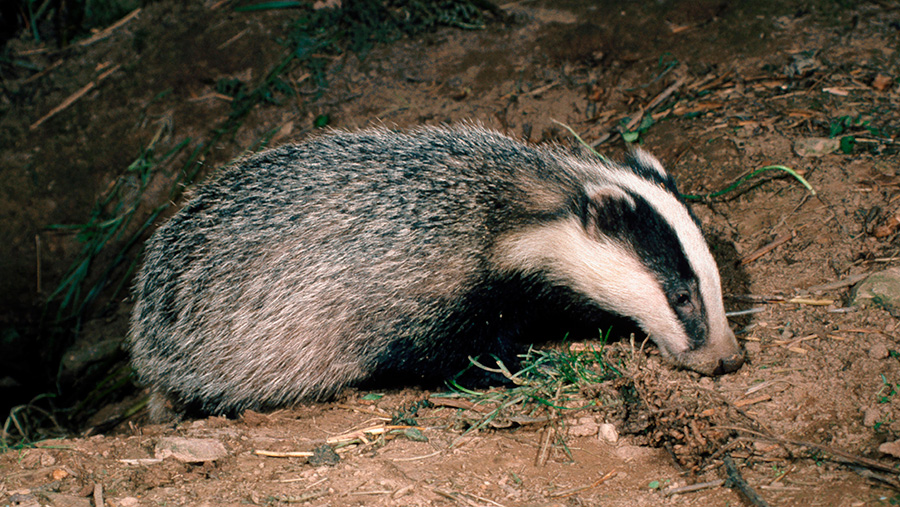Defra plan to continue badger cull ‘premature’
 © Malcolm Schuyl/FLPA/Imagebroker/REX/Shutterstock
© Malcolm Schuyl/FLPA/Imagebroker/REX/Shutterstock Defra’s plans to continue badger culling to combat bovine TB have been called into question by a scientist who worked on a previous badger control trial.
The government is consulting on proposals to extend culling beyond an initial four-year period in hotspot areas of south-west England.
It says ongoing control is needed to ensure a prolonged reduction in bovine TB.
See also: ‘Prospect of TB-free status shows strategy is working’
But Rosie Woodroffe, senior research fellow at the Institute of Zoology, said it was too soon to say whether culling was helping to reduce the disease.
There was “no way to judge the percentage reduction in badger density achieved by these culls and hence no way to determine whether they can be expected to reduce cattle TB, or increase it”.
Cull data
Data available so far had not yielded any evidence of a reduction in cattle TB in the culling areas to date, said Prof Woodroffe.
“This is not surprising, because so far data have been analysed only from the first two years of culling,” she added.
Prof Woodroffe said it had taken up to four years for benefits from the Randomised Badger Culling Trial she worked on previously.
She added: “Defra appears to be proceeding with a widespread rollout of badger culling in the absence of convincing supporting evidence”.
TB-free status
Earlier, Defra secretary Andrea Leadsom said the government would be applying for officially TB-free status for more than half of England in 2017 – two years ahead of schedule.
She said: “This shows that our strategy – combining practical biosecurity measures, a robust cattle movement and testing regime, and badger control in areas where the disease is rife – is right and is working.”
NFU president Meurig Raymond said plans to apply for TB-free status for the north and east of England showed the government’s comprehensive 25-year strategy is having an effect.”
“If we are to achieve what everybody ultimately wants – a TB-free England – it is vital that all elements of this strategy are implemented in full in the areas of the country where they will have most impact.”
